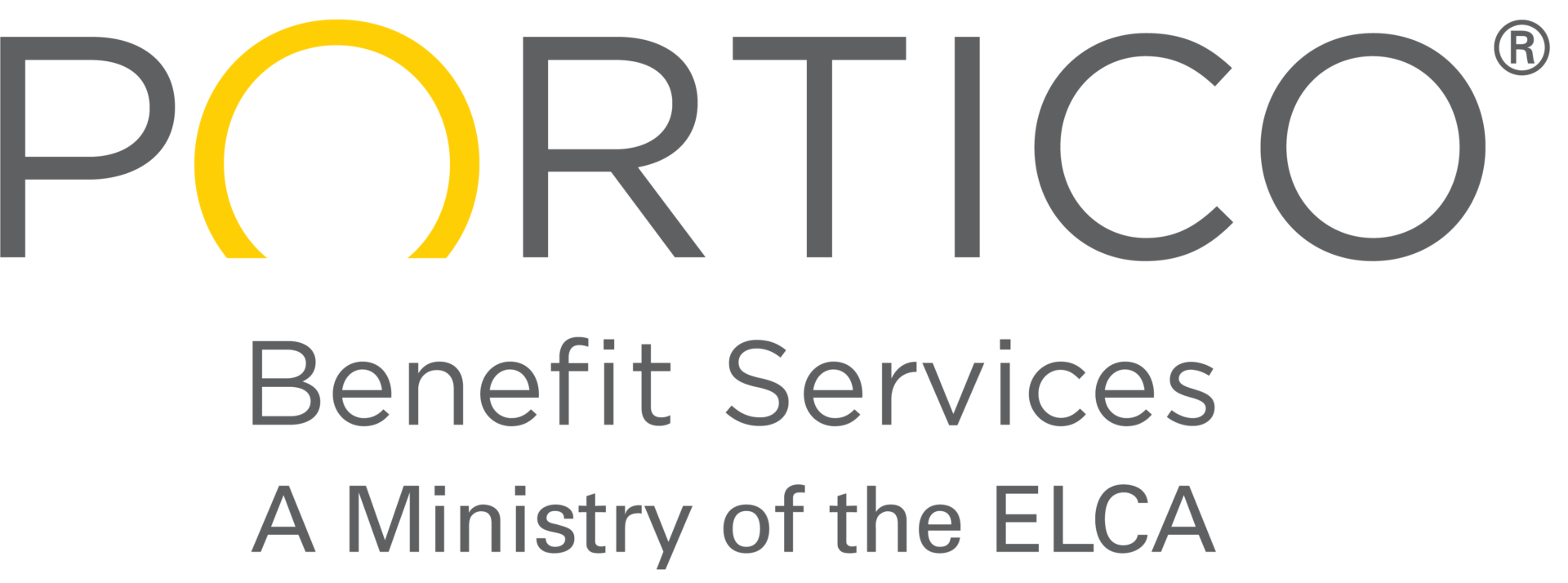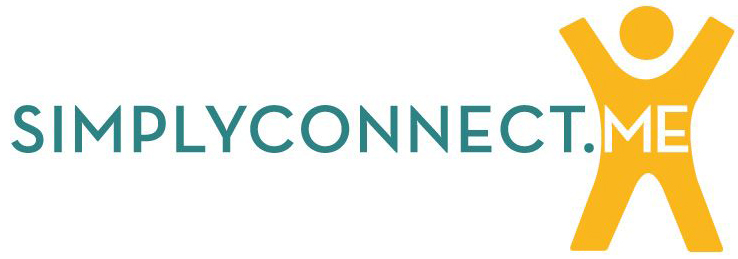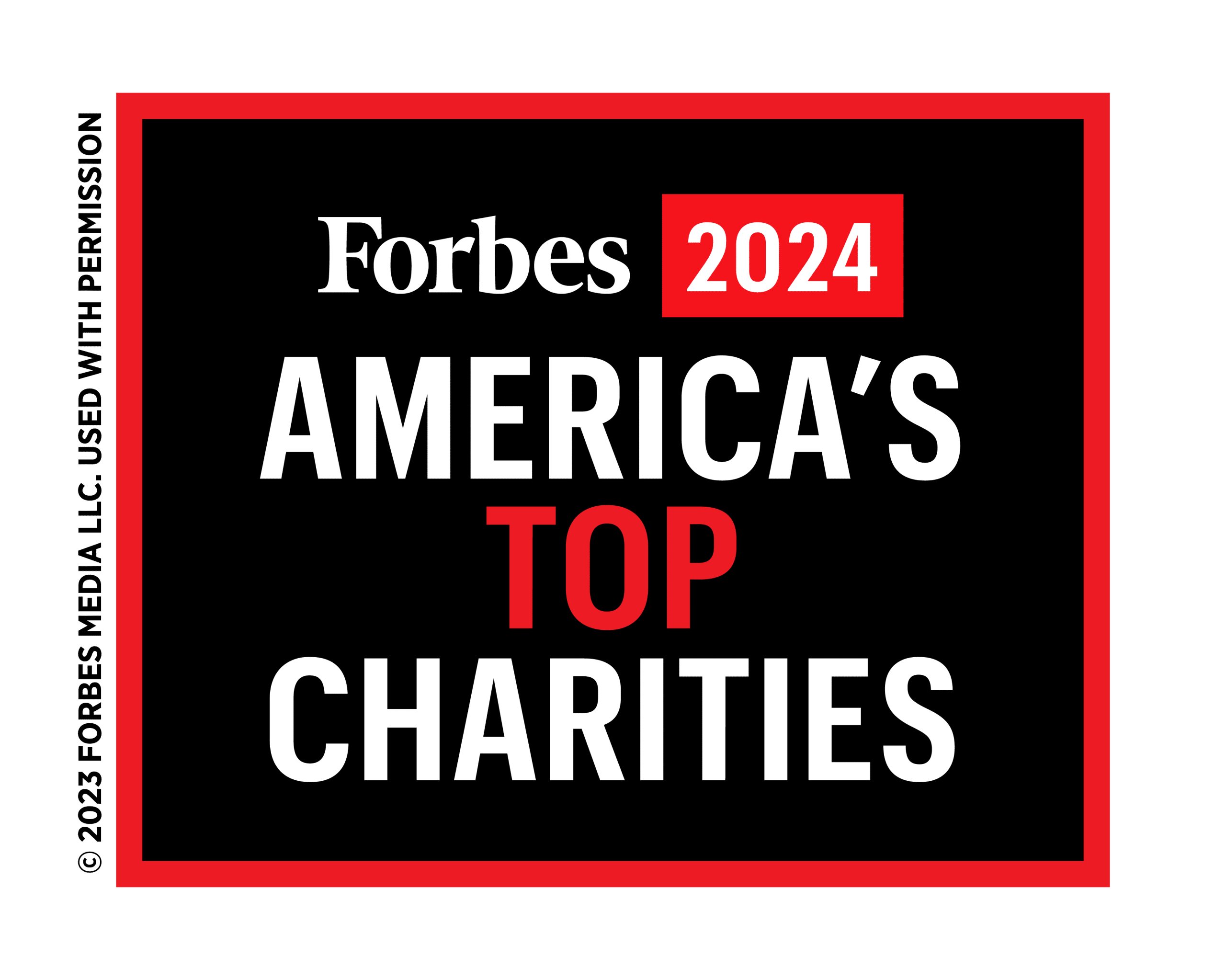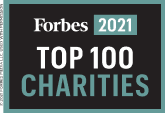HIGHLIGHTS OF THIS CYF UPDATE
- Lutheran Services in America Updates
- Advocacy And Legislative Updates
- Virtual Meetings and Resources
- Child Welfare, Juvenile Justice, Education and Behavioral Health News
- Federal Grant Opportunities
Lutheran Services in America CYF members,
If you have any questions, would like to be added to the CYF Update mailing list, or have recommendations for future webinars, please contact Paula R. Young at pyoung@lutheranservices.org.
To view all previous issues of our CYF Update newsletters, prior webinars on a wide variety of EBPs and other topics, Family First Act resources, and more, please visit our CYF members-only resource page. Contact pyoung@lutheranservices.org for the login and password.
Lutheran Services in America Updates
Support Refugee Families!
Our member Lutheran Social Services of the National Capital Area is playing a leading role in welcoming our Afghan allies to our community. Find out how you can offer immediate aid, here. Also, consider volunteering for our national resettlement partner LIRS.
Family Stabilization Initiative Announcement!
Lutheran Services in America is excited for the opportunity to partner with four of our social service ministries in efforts to prevent families from experiencing the foster care system. The Family Stabilization Initiative is a unique opportunity because it provides funding to implement evidence-based wraparound programs while, at the same time, building organizational capacity and peer support. Learn more here.
LSA Members Benefit!
Did you know as an LSA member you have discounted services at Purdue Global University? Learn more about the education benefits for partner employees and attend the short Open House to learn more about the programs and classes available to you and your staff.
Register here
Date: Tuesday, September, 14, 2021 8:00pm – 8:30pm EST
CEO Summit 2022 Registration Opening Soon!
Registration for CEO Summit 2022: A Future Reimagined will open in early September. CEO Summit, which will be held in person in Tampa, Florida, January 23–26, will explore how leaders are reimagining the health and human services sector and guiding their organizations, partners, and key stakeholders in the post-pandemic world. Look out for an official announcement shortly after Labor Day.Advocacy and Legislative Updates
Federal Reserve launched a survey
The Federal Reserve launched a survey to measure the impact of COVID-19 on nonprofits and the communities in which they serve. The survey focuses on low- to moderate-income communities where median family income falls as low as 50 percent less than the median income of the area. The results of the survey will help inform decisionmakers in multiple sectors and guide their response in supporting nonprofits and communities through the pandemic. We encourage you to share feedback before the survey closes on August 27 to help represent your community’s experience.
Senate Passes Traditional Infrastructure Bill, Budget Resolution
On August 10, the Senate completed its consideration of the $550 billion “traditional infrastructure” legislation which a bipartisan group of Senators negotiated for weeks, passing the bill on a bipartisan vote of 69 to 30. The final version totaled $29 billion lower than the version originally negotiated in June. Senators next turned their attention to the budget resolution, passing the bill on August 11 through a party-line vote of 50 to 49, as expected, and then adjourning for the August recess. The resolution contains topline dollar figures and instructions for the $3.5 trillion reconciliation package to follow. That bill will enact many of the “human infrastructure” provisions included in President Biden’s American Jobs Plan and American Families Plan, including the proposed expansion of Home- and Community-Based Services (HCBS) with $400 billion in funding.
Under the reconciliation procedure, the success of the vote depends on the support of all 50 Senate Democrats. Because Sens. Joe Manchin (D-WV) and Kyrsten Sinema (D-AZ) continue to state that they will not support the package at its current cost, negotiations continue on the content of the package. While both chambers have said they will wait until the fall for final votes on that bill, the House, which had already adjourned for its August recess, will now return on Monday in order to vote on the budget resolution.
However, a group of at least 11 moderate Democrats have announced that they won’t support the budget resolution without an immediate vote on the infrastructure package, which Speaker Nancy Pelosi (D-CA) has said she has no plans to schedule for this coming week. Given that Republicans are expected to unanimously oppose the budget resolution, Democrats can afford to lose only 3 votes and still pass the measure, so Democratic leaders continue efforts to persuade moderates to support it.
Lutheran Services in America continues to advocate for the inclusion of key provisions of the President’s proposals in the reconciliation package, particularly the $400 billion home and community-based services (HCBS) investment (which is outlined in the Better Care Better Jobs Act, S. 2210/H.R. 4131) and a provision for $213 billion for affordable housing and homelessness services, and is urging the inclusion of the WORK NOW Act legislation (S. 740) to provide nonprofit health and human services organizations funding to pay wages, salaries, and benefits to retain staff and meet services’ demand. Please join us in this effort through our advocacy alert calling for inclusion of these key initiatives in the package.
Virtual Meetings and Resources
Webinar: Unwinding the COVID-19 Medicaid Continuous Eligibility Provision
The Center on Budget and Policy Priorities and the Georgetown University Center for Children and Families are teaming up for a two-part webinar series on what the end of the PHE means for Medicaid eligibility and enrollment and how health advocates can contribute to their state’s planning process and monitor implementation. State health advocates will share their experience in providing input to the state’s planning process and highlight proactive ways to ensure that eligible children, families, and individuals don’t lose coverage at the end of the PHE.
Date: Wednesday, September 8, 2021 2:00 – 3:00pm ET
Register here.
Webinar: Youth Advocacy Skills
This is a webinar for providers that support the work of Youth Advisory Boards and youth board members. As a young person who has experienced and overcome homelessness, policymakers should be listening to your recommendations about how policies and systems should change. Youth can change systems so that fewer young people experience homelessness and more young people who experience homelessness are served appropriately and quickly.
Date: Thursday, September 9, 2021, 3:00pm EST
Register here.
Virtual Expo: Advancing Racial Equity in Child Welfare
Sponsored by the Capacity Building Center for States and the Children’s Bureau, the theme of this year’s Child Welfare Virtual Expo (CWVE) is advancing racial equity in child welfare. This important topic will address the racism and bias that continue to create disproportional representation in the child welfare system and disparities in outcomes for Black, American Indian/Alaska Native, and other children, youth, and families of color.
Date: Thursday, September 23, 2021 10:00am – 5:00pm ET
Register here.
Child Welfare, Juvenile Justice, Education, and Behavioral Health News
Promoting the Health and Well-Being of Children in Immigrant Families, Proceedings of a Workshop–in Brief (2021)
Promoting the Health and Well-Being of Children in Immigrant Families in the Post-Pandemic Economic Recovery Efforts was a workshop jointly hosted by the National Academies of Sciences, Engineering, and Medicine Forum for Children’s Well-Being and the Brandeis University Institute for Child, Youth, and Family Policy. This report explored the research evidence on the access immigrant families have to U.S. social programs and its effects on children’s mental, emotional, behavioral, and physical well-being. Learn more here.
TANF turns 25: let’s maximize its reach to children in need
Cara Baldari, of First Focus Campaign for Children reflects on TANF and share their assessment of needed structural reforms to further support children living in poverty. Read more here.
Children and COVID-19: State Data Report
A Joint Report from the American Academy of Pediatrics and the Children’s Hospital Association: Summary of Publicly Reported Data from 49 states, NYC, DC, PR, and GU. State-level reports are the best publicly available data on COVID-19 cases in children. Starting in June 2021, some states reported less frequently and dropped metrics previously reported as overall cases decreased. This report summarizes what was available on 8/5/21. Read more here.
Senators Propose Medicaid Exception for Congregate Foster Care
A pair of senators have proposed legislation that would enable states to draw Medicaid funding for foster youth living in certain residential treatment programs, a rare exception to the rules barring Medicaid funding for institutional care. The bill, introduced this week by Sens. Dianne Feinstein (D-Calif.) and Richard Burr (R-N.C.), is sure to spark a sharp discussion on Capitol Hill as most states prepare for the Family First Prevention Services Act’s limits on congregate care funding to take effect. Learn more here.
Child Safety Forward Brief Highlights Year One Initiative to Reduce Child Abuse Neglect Fatalities.
Child Safety Forward just released a brief highlighting the evaluation results of its initial planning year, which allowed sites to adapt to the COVID-19 pandemic. The Child Safety Forward initiative was launched in October of 2019 with a goal of reducing child abuse and neglect fatalities and injuries through a collaborative, community-based approach. Read more here.
On why you can solve most “neglect” issues with money; so the rocket scientists can stick to rocket science
A concept some have been pushing for decades has suddenly become a centerpiece of the child welfare debate: Family policing agencies routinely confuse poverty with neglect. It follows, therefore, that an enormous amount of what we call “child maltreatment” can be solved through a two-step process. 1. Find the poor people. 2. Send money. Read more here.
Federal Grant Opportunities
Medline Community Impact Grant Program
Throughout our nation we are faced with many health inequities. Health outcomes for people living in vulnerable communities, and already disproportionately impacted by social determinants of health (SDOH), are at an even greater health risk. SDOH are the economic and social conditions that influence individual and group differences in health status. Medline is committed to social determinants of health and through the Community Impact Grant Program we can promote good health for all people. Medline is investing resources to help non-profit organizations address prevalent health challenges, stimulate health equity and improve population health in under-resourced areas. We will award results-focused grants that offer community- centered solutions and immediate impact. Through collaboration with community experts, we can provide essential resources, re-direct adverse outcomes and improve the well-being of people. This is, and always will be, our ongoing commitment to communities. Individual grants are capped at $25,000. Grant Recipients will be announced in October 2021. Learn more here.
Deadline: August 27, 2021
HUD’s Eviction Protection Grant Program
Funding for non-profit or governmental entities to provide no-cost legal assistance to low-income tenants at risk of or subject to eviction in areas with high rates of evictions or prospective evictions, including rural areas. Find more information here.
Closing date: September 8, 2021
Engaging and Empowering Vulnerable Families and Communities to Prevent Opioid Use Disorder and Overdose
The Foundation for Opioid Response Efforts is offering grants for projects to develop, adapt, and/or evaluate promising evidence-based models of family and community based prevention for opioid use disorder (OUD) and overdose for children and families, especially those at highest risk. Informational webinar: Aug. 11, 2021, 2:00 p.m. EDT. Register here. Find more information here.
Closing date: September 21, 2021













